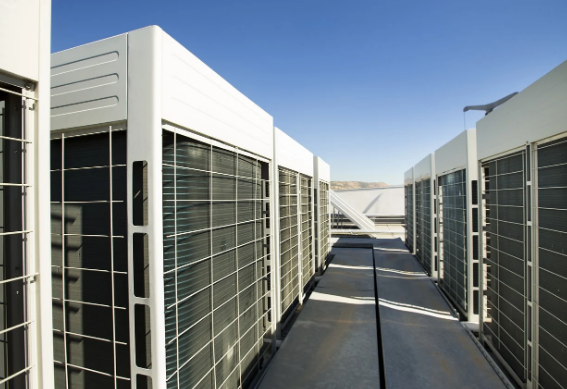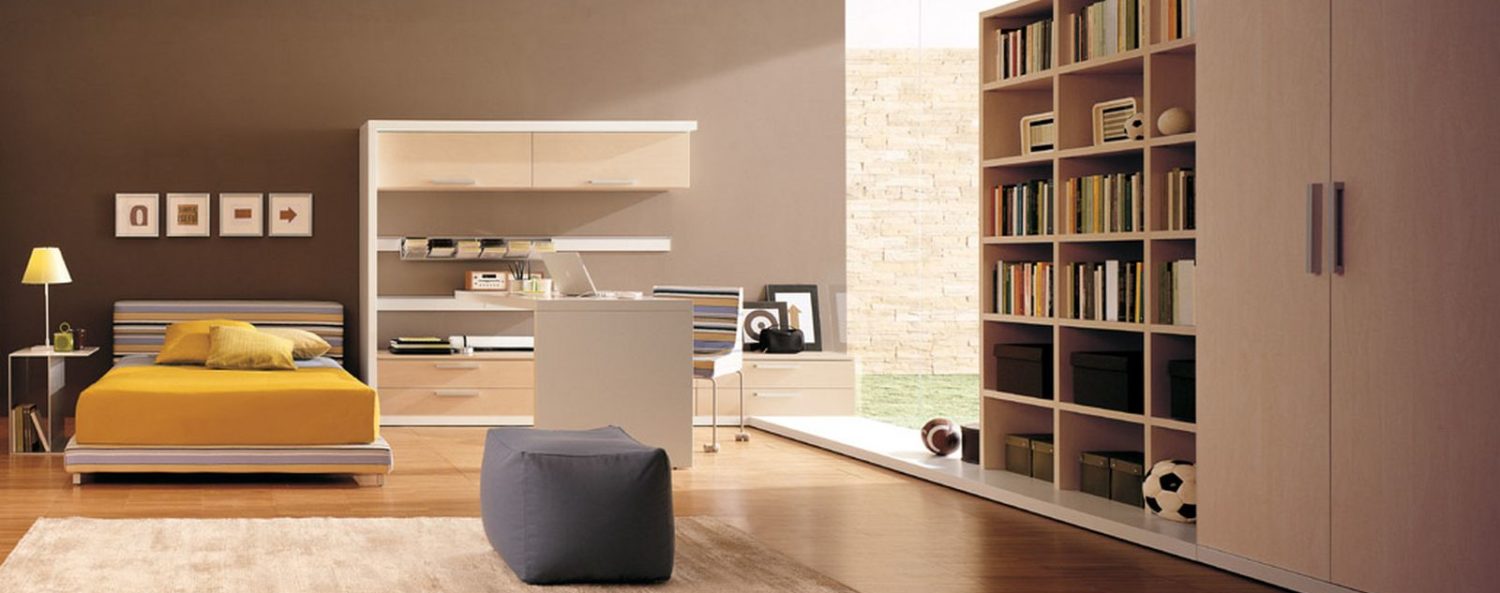 The advantages of proper heating installation are numerous. Better air distribution and energy efficiency may be achieved with properly designed ducting. It can also improve outdoor air quality while lowering running expenses. Keep reading to learn more about the benefits of heating installation Berlin, MD. Here are some of the most important considerations. First, ensure proper access to the installation site. Clear the area of nearby vegetation or objects. Finally, make sure the area is safe for the HVAC installers to work in.
The advantages of proper heating installation are numerous. Better air distribution and energy efficiency may be achieved with properly designed ducting. It can also improve outdoor air quality while lowering running expenses. Keep reading to learn more about the benefits of heating installation Berlin, MD. Here are some of the most important considerations. First, ensure proper access to the installation site. Clear the area of nearby vegetation or objects. Finally, make sure the area is safe for the HVAC installers to work in.
Properly sized ductwork
Choosing the right size of ducts for an HVAC system is important for many reasons. First, it depends on the size of your home and the airflow velocity in your home. When calculating your unit’s CFM (Cubic Feet Per Minute) output, consider how large each room is. Also, consider the amount of friction loss your ducts will experience, and make sure you purchase the right size for your home.
The HVAC technician will use the manual D sizing method when calculating the size of your ductwork. This industry standard involves analyzing each room and determining the best way to create an appropriate airflow. Ideally, one ton of air conditioning equipment should be installed per 500 square feet of air-conditioned floor space. In addition, HVAC technicians will use Manual D as a guide to design a retrofitted ductwork system that achieves the desired amount of pressure and airflow.
Increased amounts of outdoor air supply
A typical HVAC system has many controls regulating airflow within an occupied space. Controlling the amount of outdoor air can significantly improve indoor air quality but is not commonly considered. However, it can have negative consequences on costs and moisture control.
Outdoor air intakes must be located where they will not be blocked by snow or leaves to maximize airflow and minimize the intake of contaminants. Ideally, outdoor air intakes should be situated eight inches above the floor or ceiling, although this separation is greater than eight inches in some northern climates. Also, high levels of air filtration can increase the amount of outside air inside the building.
Energy-efficient heating system
An energy-efficient heating system has many benefits, including higher efficiency, lower maintenance costs, and lower carbon emissions. Heating systems are one of the largest energy consumers in a home, and a new system can save you a substantial amount of money. The fuel type and efficiency rating of a new system will also affect the system’s price, as a more efficient heating system will use less fuel. However, there are many factors to consider when deciding whether to purchase a new system.
Before choosing a heating system, consider the Annual Fuel Utilization Efficiency (AFUE) rating. It measures a heating system’s efficiency. For example, if a heating system has an AFUE of 90%, it will use ninety percent of its fuel for heat generation while releasing the other 10% for outdoor air. Higher AFUE ratings are most common in furnaces and boilers, but some systems are more efficient. Though these systems typically cost more, they can save you money in the long run.
Lower operating costs
Heating and cooling systems are used to distribute comfort throughout a building. Properly installed HVAC systems are energy-efficient, making them less expensive to run for years. A poorly maintained HVAC system can use as much as 20% more energy than a properly-installed one. The use of energy by HVAC systems is directly proportional to their efficiency. However, some factors should be considered when choosing a heating and cooling system.
When shopping for a heating and cooling system, it’s important to know the operating costs of different systems. The costs of heating and cooling systems are often divided into square footage and type. HVAC installation costs have increased by up to 25% over the past few years, largely due to rising labor costs and increased wholesale materials. Prices are still reasonable, but consumers are often surprised by what they find on the final bill.
Improved air quality
A well-maintained HVAC system saves money on repair costs and produces good indoor air quality, which benefits both the health of employees and the business. If you are unsure how to maintain your HVAC system properly, consult a qualified professional. Contact a local HVAC company to schedule an inspection if you have any questions. Using a DIY approach will result in inadequate ventilation and inferior air quality.
Indoor plants can improve indoor air quality and enhance your home’s decor. Many plants, such as palm trees absorb pollutants and irritants from the air. Small plants like aloe, bamboo palms, snake plants, and other tropical species are excellent indoor plants. They absorb and disperse harmful substances in the air. Keeping indoor plants around your home will not only improve the air quality in your home but also improve the aesthetic appeal of your home.
